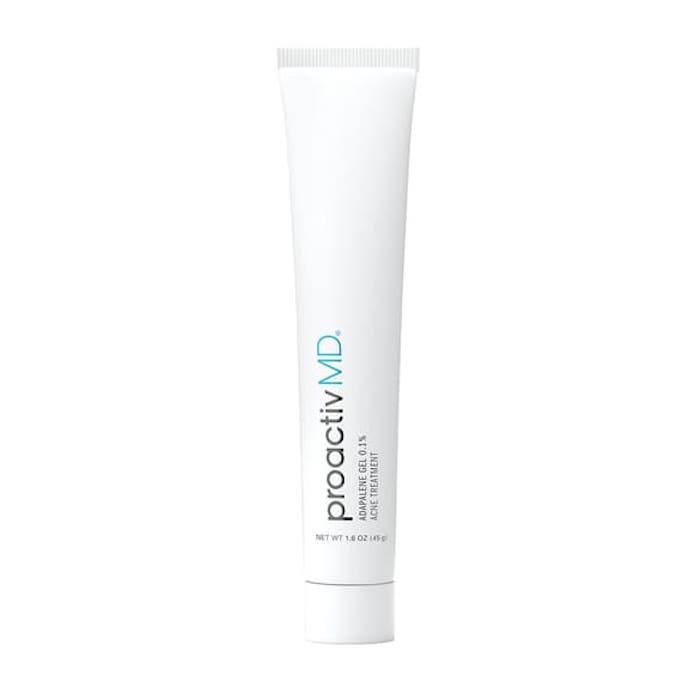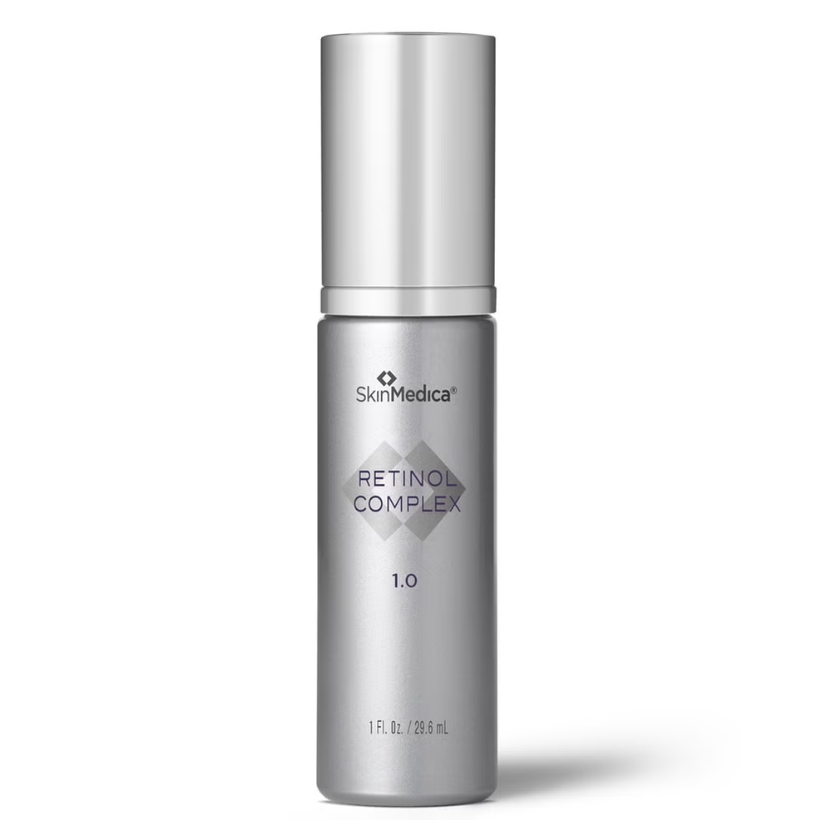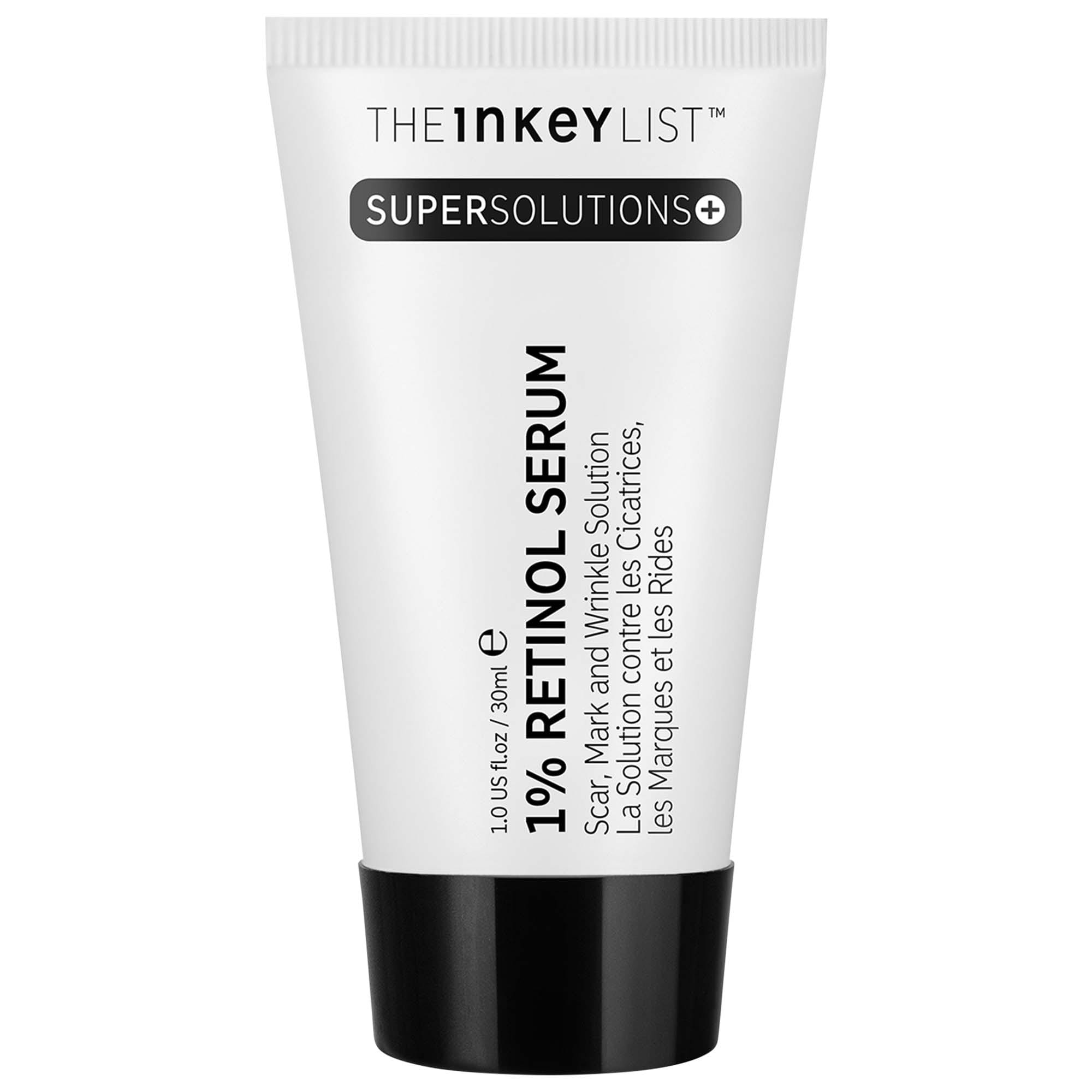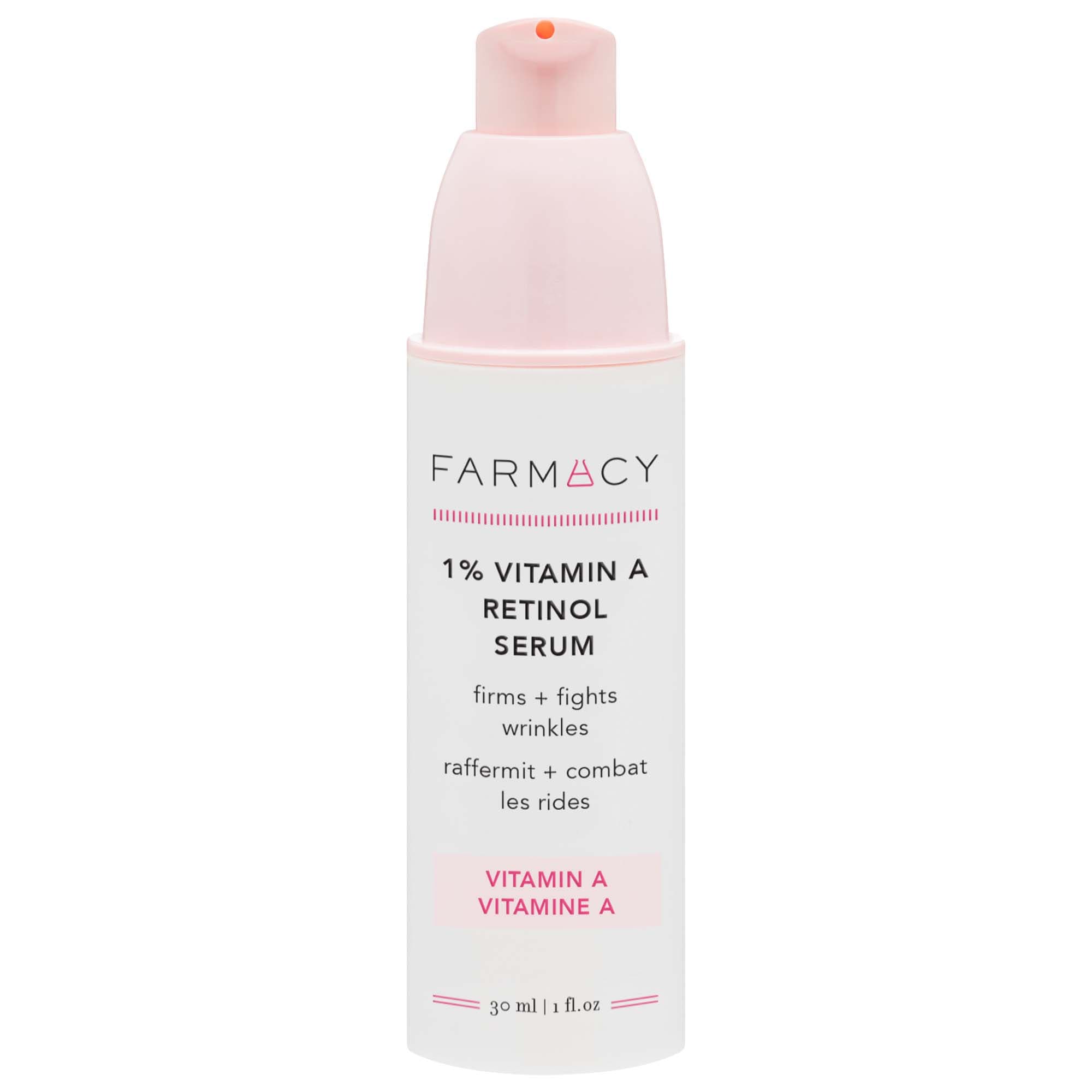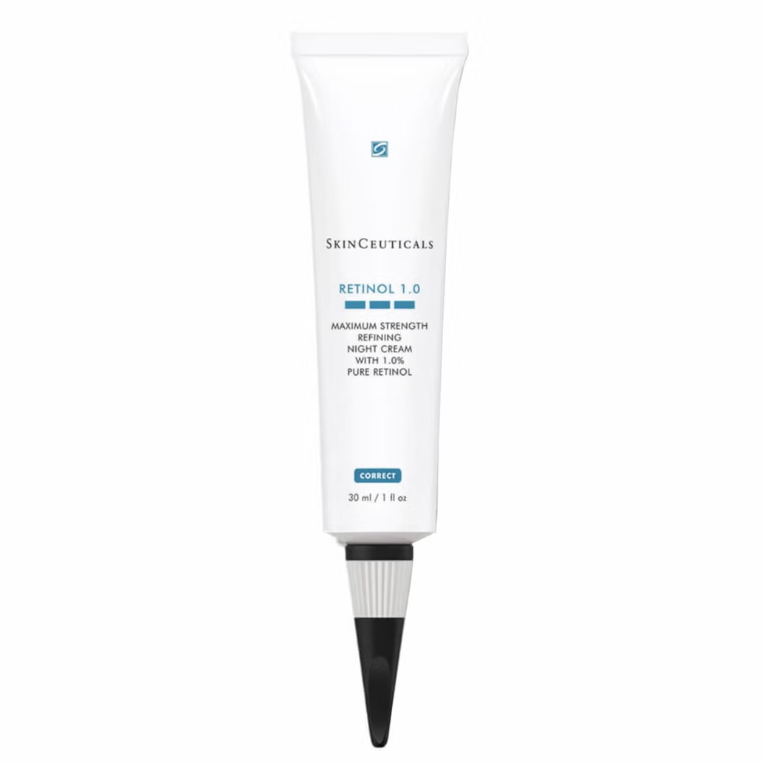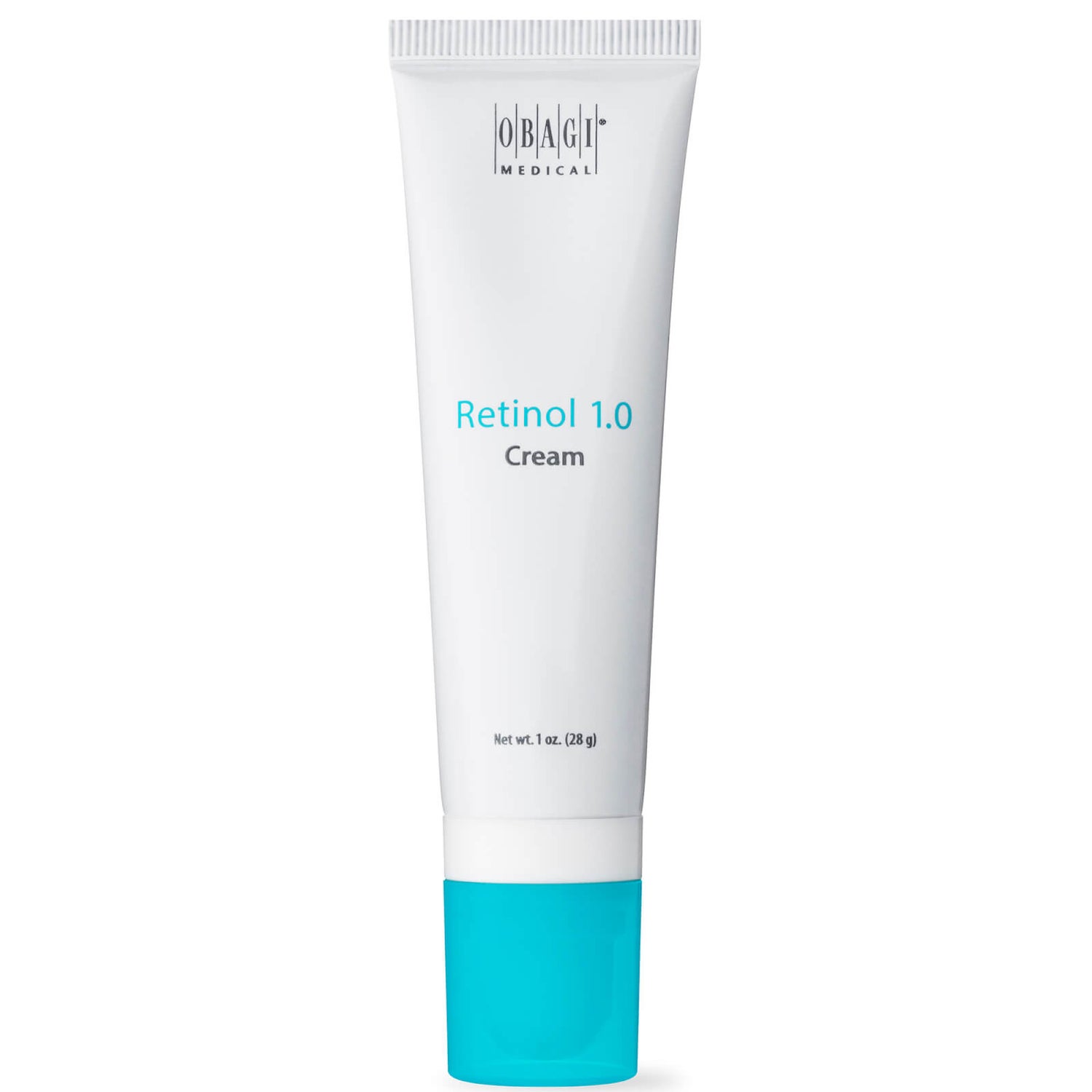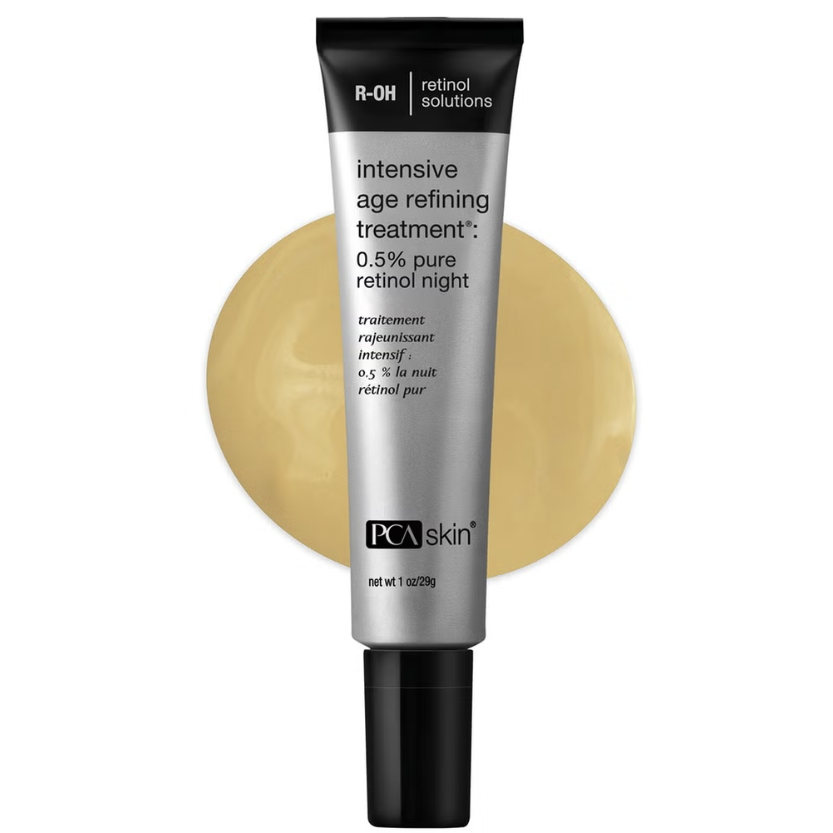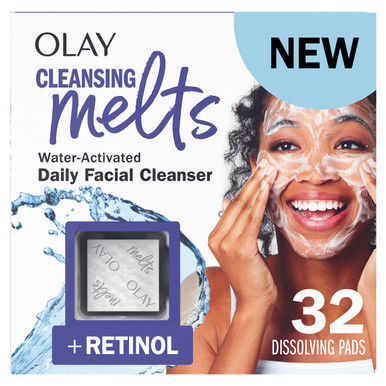I Asked Derms to Teach Me About Retinoids—Now I'm an Expert With A+ Skin

If you asked me which skincare ingredient is discussed and dissected more than any other, I'd have to say retinol. The skin-transforming super ingredient is found in countless serums, creams, and masks. Many people swear by it and use it multiple nights a week to reap its anti-aging benefits—myself and other beauty editors included.
Most people know that it's a derivative of vitamin A. What many people don't know is that it's just one derivative of vitamin A. That's right. there are others. You might have heard of them; they include retinyl, retinal, and tretinoin. Each differs from the next. Together, they belong to a category of ingredients called retinoids.
Why should you care about the difference between the various types of retinoids? It's simple. The irritation potential and efficacy of individual products depend on it. In other words, if you want the best-looking skin possible, you need to know which one is the right fit. It took me some trial and error, but once I found out which retinoid suited my skin, it changed the game. Ahead, learn everything there is to know about retinoids, according to three top dermatologists.
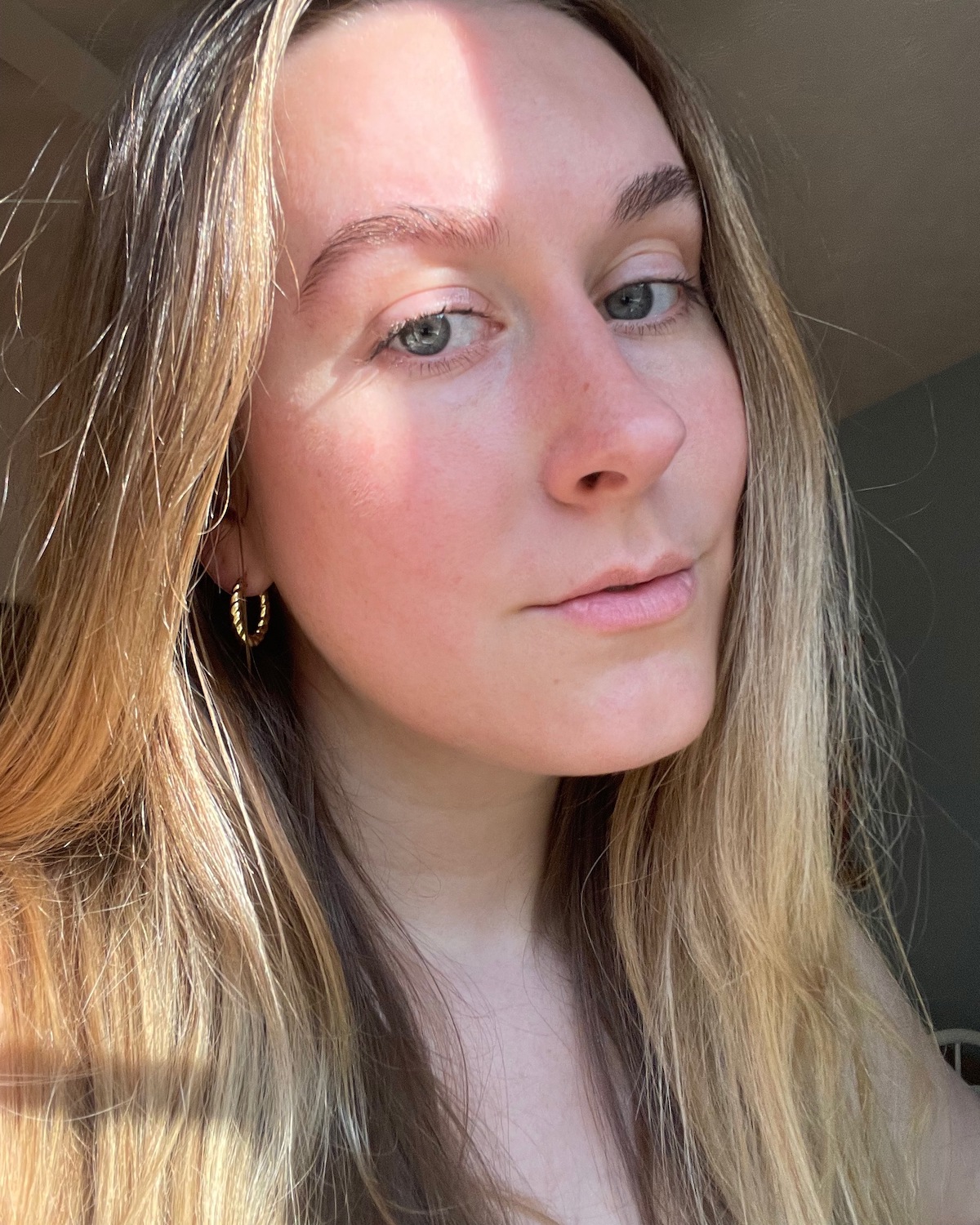
My skin after using retinol three nights per week for over three years.
What Are Retinoids, and How Do They Work?
According to Mona Gohara, MD, an associate clinical professor of dermatology at the Yale School of Medicine, "retinoids are a powerhouse ingredient from the vitamin A family and are known for transforming the skin. They work by revving up skin cell turnover by shedding dead skin cells so new healthy ones can come to the surface. This process is what fuels most of their benefits, such as fighting wrinkles, reducing breakouts, and evening your skin tone by boosting collagen, unclogging pores, and fading dark spots."
Board-certified dermatologist Hadley King, MD, says retinoids are one of the most proven and effective skincare options for anti-aging. That's because they actually affect gene expression. "This makes them very powerful and able to produce significant changes in the skin," she says. "They increase the turnover of skin cells, reduce the tendency of cells and keratin debris to clump together and clog up pores, increase collagen production, and decrease discoloration."
The major skin concerns that retinoids treat:
- Fine lines and wrinkles: "As we age, collagen production slows down, contributing to wrinkles and fine lines. Retinoids stimulate the skin cells to produce more collagen. This plumps the skin from within, effectively smoothing out wrinkles and providing a more youthful look," Gohara says.
- Acne and clogged pores: "Clogged pores are the gateway to pimples. By using retinoids, it can help clear out dead skin cells and debris that can clog these pores. They keep the oil pathways clear and help prevent breakouts for smoother, clearer skin," Gohara says.
- Sun damage and hyperpigmentation: "Sun damage and hyperpigmentation can leave the skin looking uneven. Retinoids help by increasing the rate at which the skin sheds old cells. This helps those stubborn dark spots fade away, revealing a more even and radiant complexion over time," Gohara says.
- Rough and bumpy texture: Carolyn Stull, MD, FAAD, a board-certified dermatologist at MDCS Dermatology, says this is an underrated benefit of using retinoids. They smooth out skin texture by regulating keratinization aka skin cell turnover.
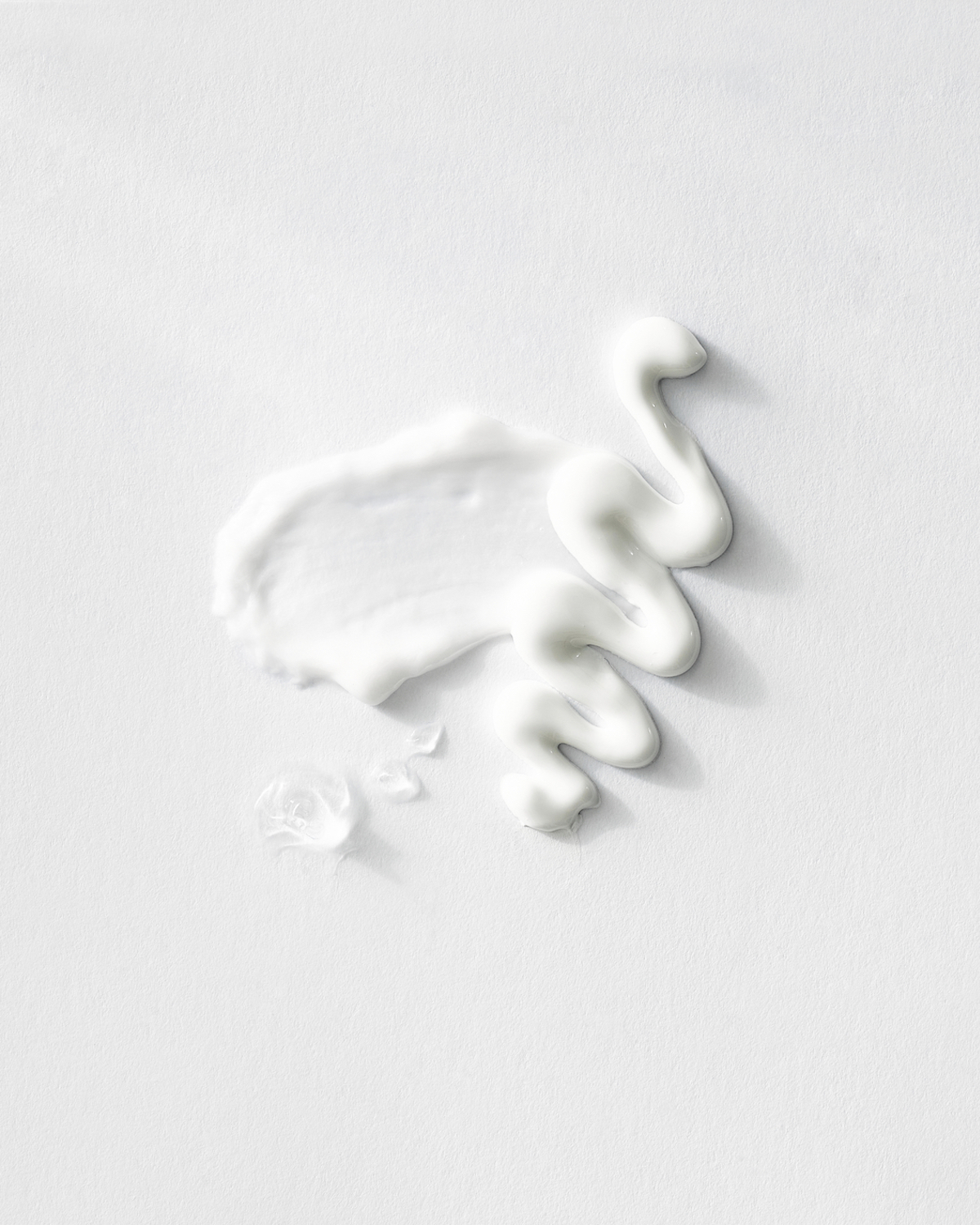
Here's the thing, though. Different retinoids affect the skin, well, differently. To choose the right one for you and your needs, you need to know why and how.
The skin can only use retinoic acid, or tretinoin. All other retinoids must be converted to retinoic acid before they can be put to good use in the skin. This makes retinoic acid the only bioavailable retinoid and the most potent. King says the conversions a retinoid undergoes before becoming retinoic acid correlate directly to its strength. "The process goes in order and correlates with potency and efficacy. The more steps required to be converted into retinoic acid, the weaker the retinoid is," she says.
In other words, the more gentle a retinoid is, the more conversions it needs to undergo before it can be used by the skin. The more potent a retinoid is, the fewer conversions it needs to undergo before it can be used by the skin. That's why retinyl esters are normally recommended for first-time users. From there, you can step up to retinol, then to retinaldehyde, then to pure retinoic acid. Confused? I got you. Here's a handy guide.
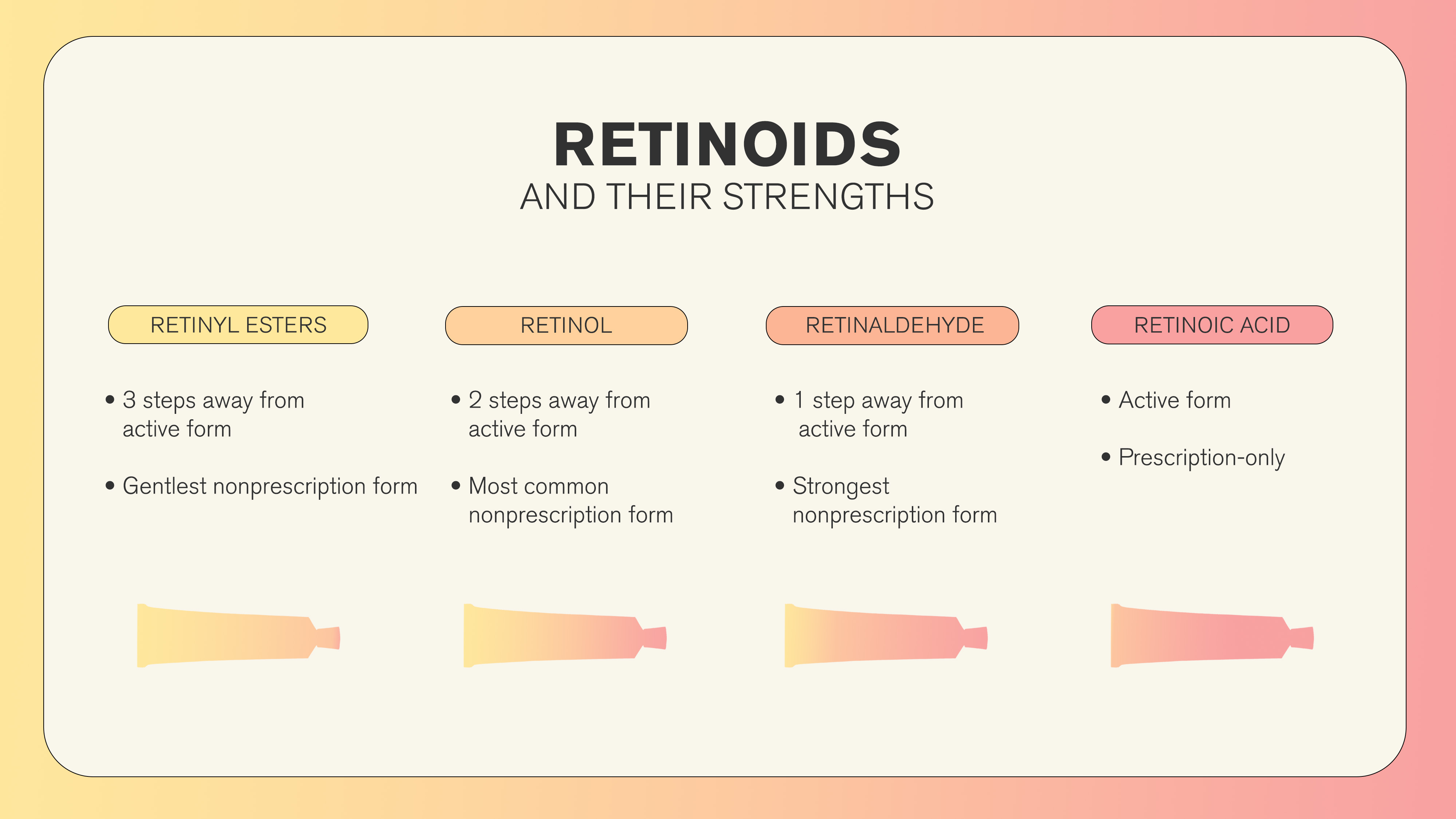
Gohara says the conversion process takes time, which is why gentler retinoids may be less irritating but also slower to show results. Here's her crash course:
- Retinyl esters: "This is the gentlest option, ideal for beginners or sensitive skin. It needs multiple conversions. If looking for one, find a concentration of 1% or less in over-the-counter products."
- Retinol: "Retinol is more potent than esters and is good for most skin types. It only needs one conversion. When looking for retinol, it is most effective at 0.3 to 1% in nonprescription products."
- Retinaldehyde: Retinaldehyde needs just one conversion, so it works faster than retinol. However, it may be irritating for some. Recommended concentrations are usually around 0.1%."
- Tretinoin: "This is the strongest prescription retinoid and is converted directly to retinoic acid. It can be very effective but can also be quite irritating."
The right one for you depends on your skin concerns and overall sensitivity.
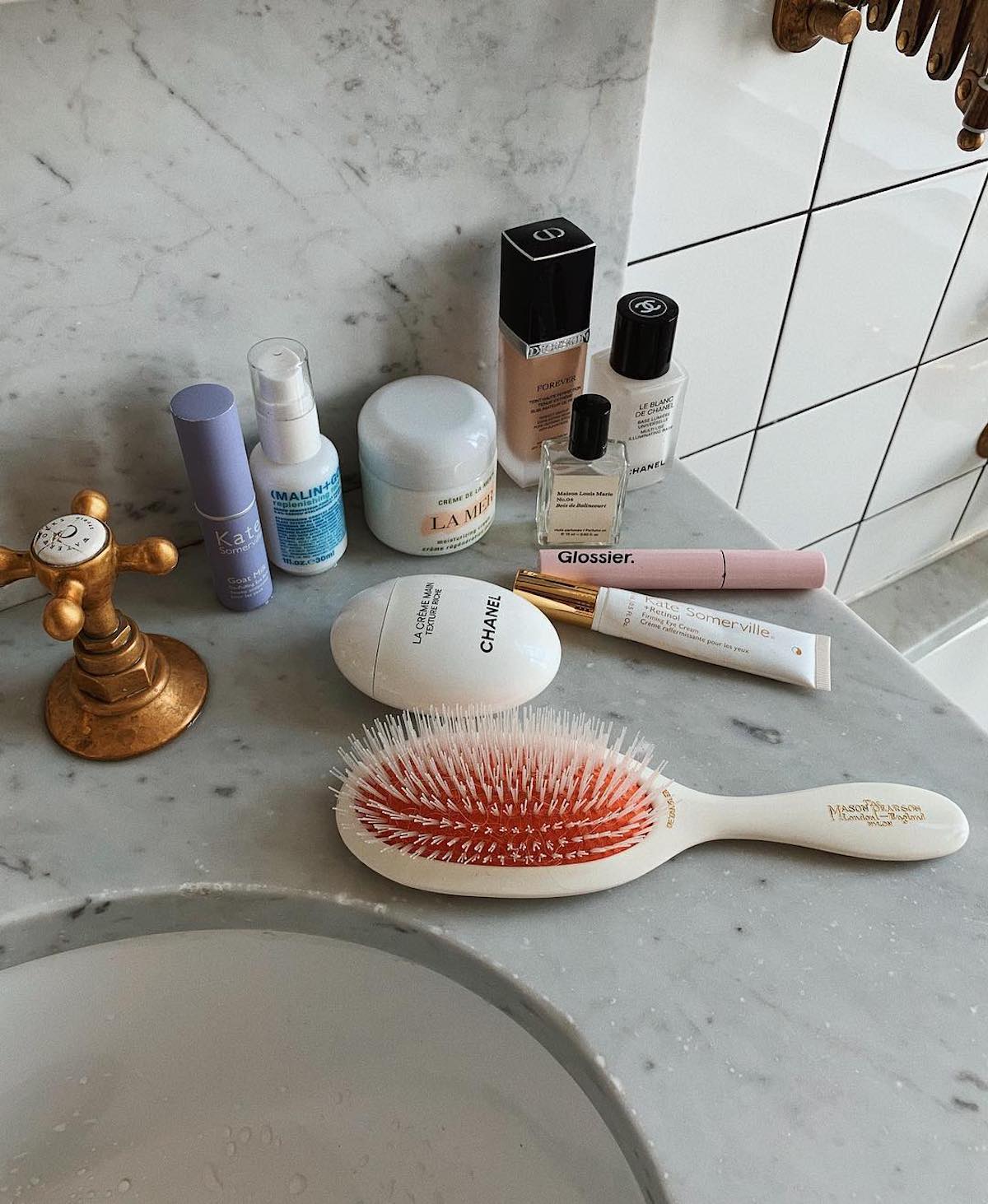
Are There Downsides to Retinoids?
Yes. Retinoids often put the skin through an adjustment period called retinization. This is when the skin is adapting to the retinoids and the increased cell turnover. "During this time, the skin may become irritated, resulting in dryness, peeling, scaling, redness, or a burning or stinging sensation," King says. "These symptoms generally subside by the fourth week of use."
Gohara adds that these unsightly side effects are temporary and worth working through to reap the rewards of retinoids. "Don't be discouraged! These usually subside as the skin adjusts," she says.
The only people who should avoid them are anyone pregnant or breastfeeding. Additionally, King says that some people with rosacea or otherwise very sensitive skin may not be able to tolerate retinoids. They should also be avoided after a sunburn, chemical peel, laser treatment, or micro-needling.
Editor's note: Retinoids make the skin more sensitive to the sun. It's critical to wear sunscreen every single day, rain or shine, when using retinoids.
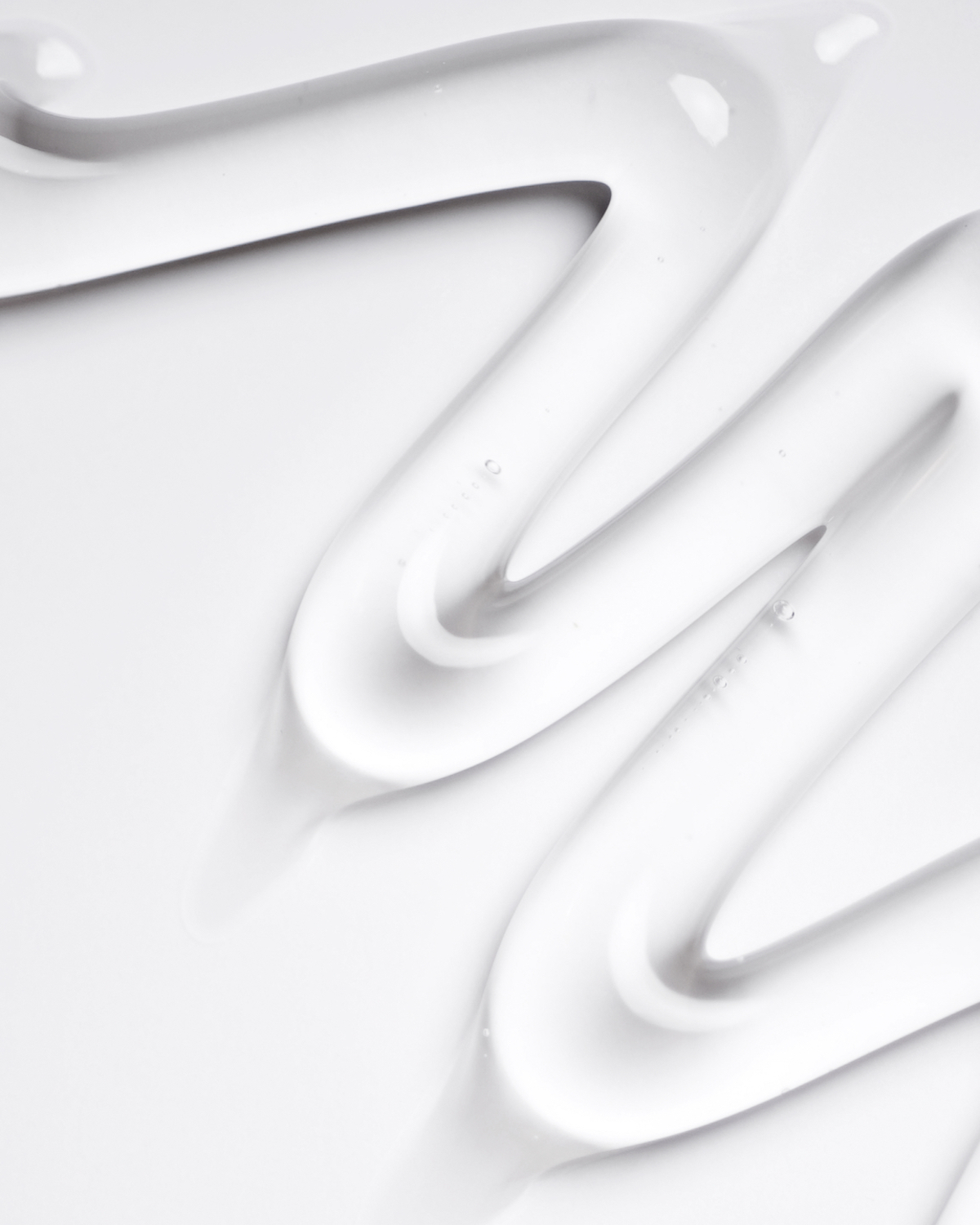
How Should You Safely Start Using a Retinoid?
Retinoids aren't a quick fix. In fact, using them correctly is a long game, and Gohara says it can take weeks or even months to see full effects: "Patience is key! Be patient and consistent with your routine."
What should that routine consist of? If you've never used a retinoid before or you're starting to use a more potent one, start slow. This is your best bet for minimizing irritation, dryness, and redness. King suggests using a pea-sized amount for the whole face. Apply it every other night and follow with moisturizer. "Increase to every night if tolerated, or decrease frequency if necessary," she says. "You can also try the 'sandwich technique'—apply moisturizer, then the retinol, then more moisturizer."
Stull suggests starting even more conservatively. "I recommend starting gradually (one or two nights per week) and increasing the frequency of application as tolerated," she says. "Applying moisturizer along with retinoids and minimizing the use of other actives while the skin acclimates can help reduce irritation." BTW, the other actives you should minimize the use of include alpha hydroxy acids (AHAs). "The combination will increase the risk of irritation, particularly during the retinization phase," King explains.
Gohara says, "Hyaluronic acid and ceramides are your friends to combat dryness." You should also feel free to use niacinamide alongside retinoids. King says it helps combat the risk of irritation and dryness.
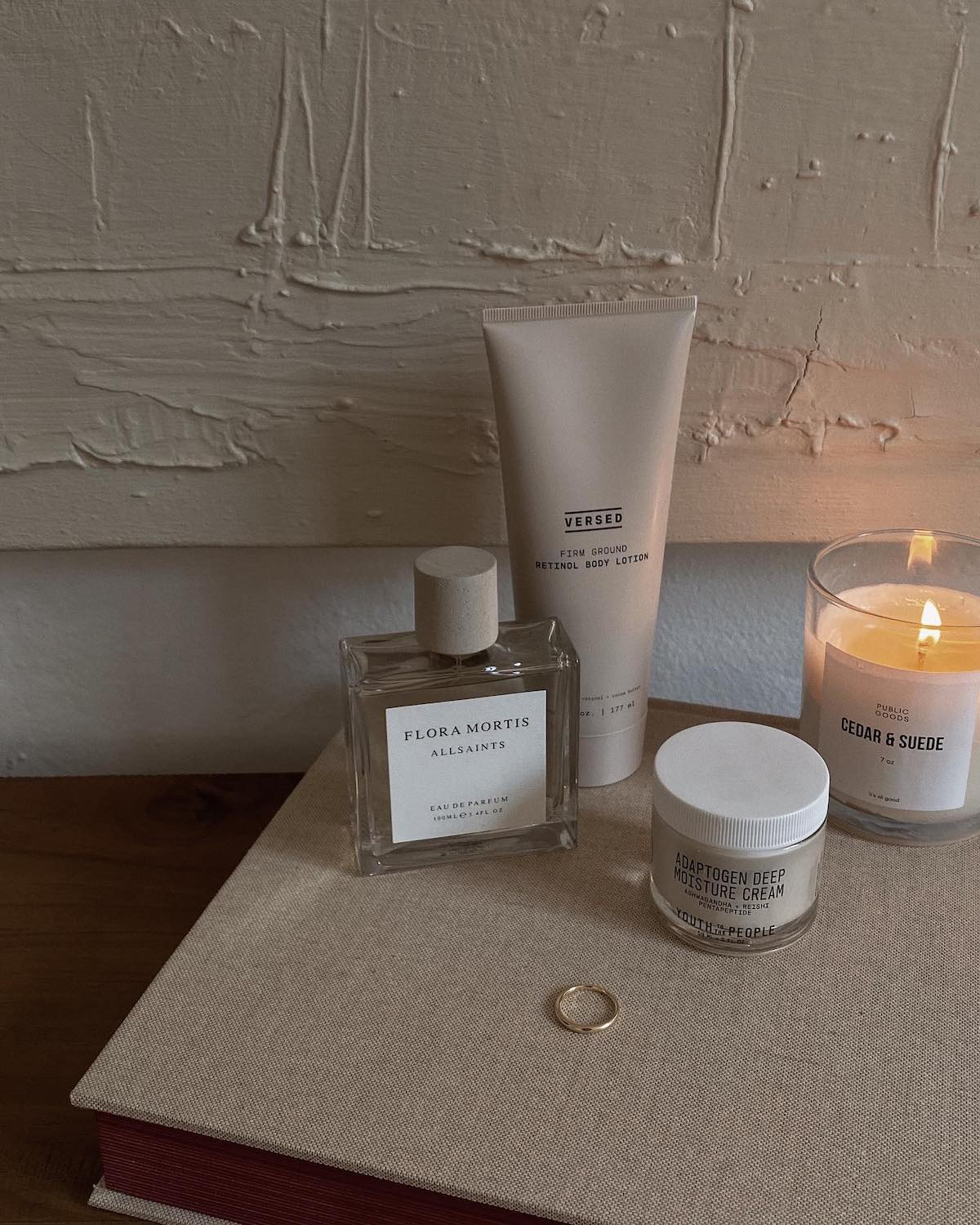
Finally, What Retinoid Is Best to Use?
Everyone has different skin concerns, so it's impossible to say one retinoid is better than another. It all depends on your skin's sensitivity and the speed with which you want to see results. As Gohara puts it, "Most people can benefit from retinoids, but it's not a one-size-fits-all situation. If you're concerned about aging, acne, or uneven skin tone, it is worth considering. However, it's always a good idea to chat with your dermatologist to see if it would be right for you."
As for me, I thought it was better to be safe than sorry, so I started out with a gentle retinyl ester serum twice a week. Once I knew my skin could tolerate it, I moved on to retinol. Now, I'm using a retinol serum three nights per week. Soon, I want to switch to a more potent retinaldehyde or maybe even tretinoin depending on how my skin fares.
I can't emphasize enough how important it is to practice caution. Don't overuse retinoids, don't use too much of one retinoid, and don't skimp out on SPF. After all, they'll only benefit your skin if you use them correctly.
The Expert-Recommended Retinoids
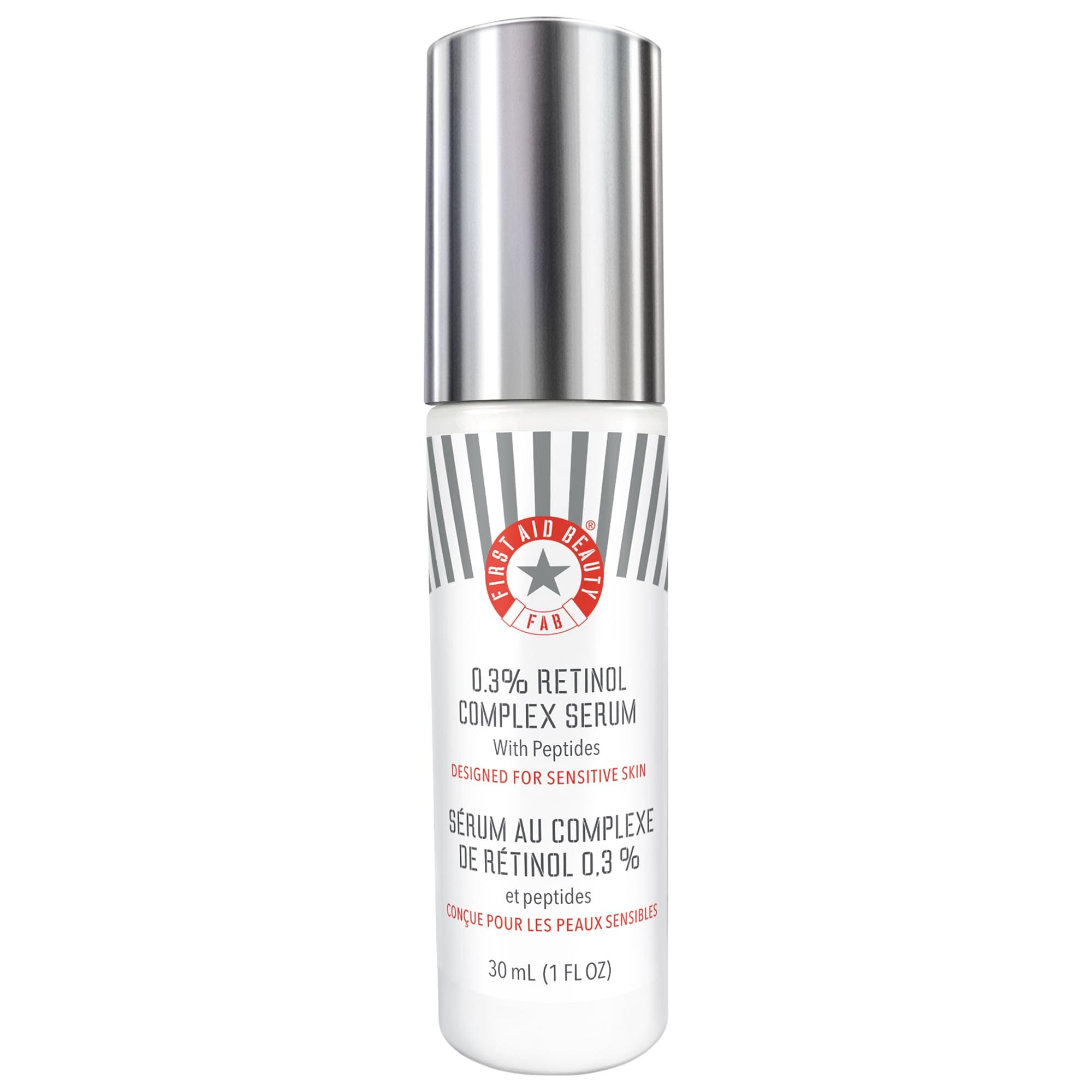
"First Aid Beauty's FAB Skin Lab Retinol Serum with retinol 0.3% is a fantastic option for those new to retinoids or with sensitive skin," Gohara says. "It has a gentle concentration of retinol (0.3%) and includes calming ingredients to prevent irritation. Don't be fooled by its gentleness—it can still tackle fine lines and dark spots!"
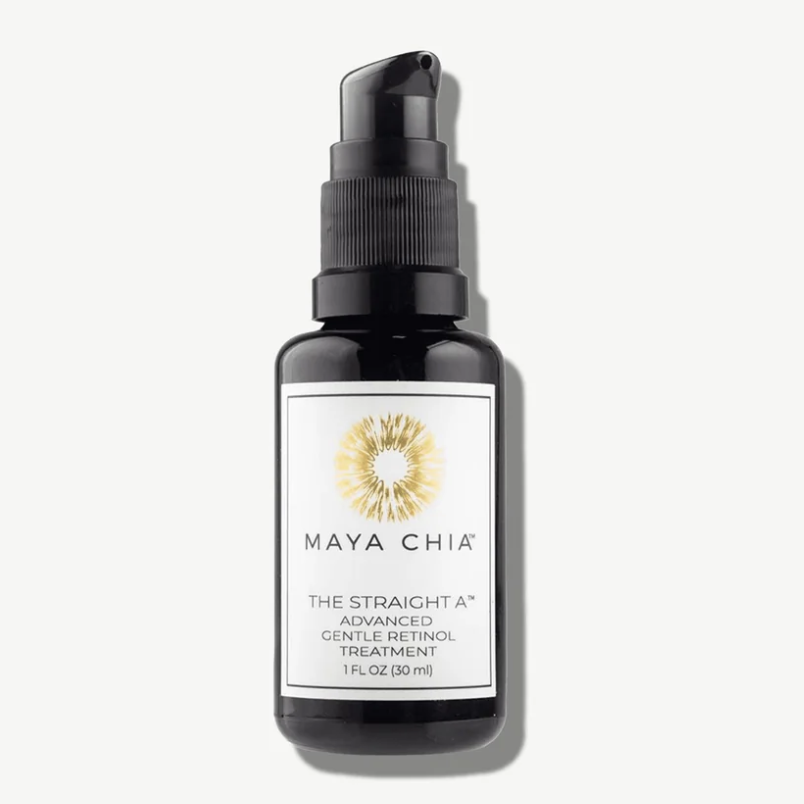
King recommends this gentle retinol serum since it contains vitamin C, vitamin E, and bakuchiol, a popular retinol alternative. A base of chia-seed and buriti oils supports the skin barrier and locks in moisture.
"Bakuchiol is an extract of the babchi plant long used in Ayurvedic medicine," she says. "It is one of the few retinol alternatives for which studies back up the pseudo-retinol effect of anti-aging and skin brightening. One study in the British Journal of Dermatology found that it could reduce signs of sun damage equally as well as retinol, while another paper in the International Journal of Cosmetic Science reported improvements in lines and wrinkles, skin elasticity, and pigmentation. Bakuchiol seems to be activating the genes that regulate collagen and elastin production—the same ones retinol activates. And it doesn't seem to irritate and redden skin the way retinol often does, so it appears to be a gentler option."
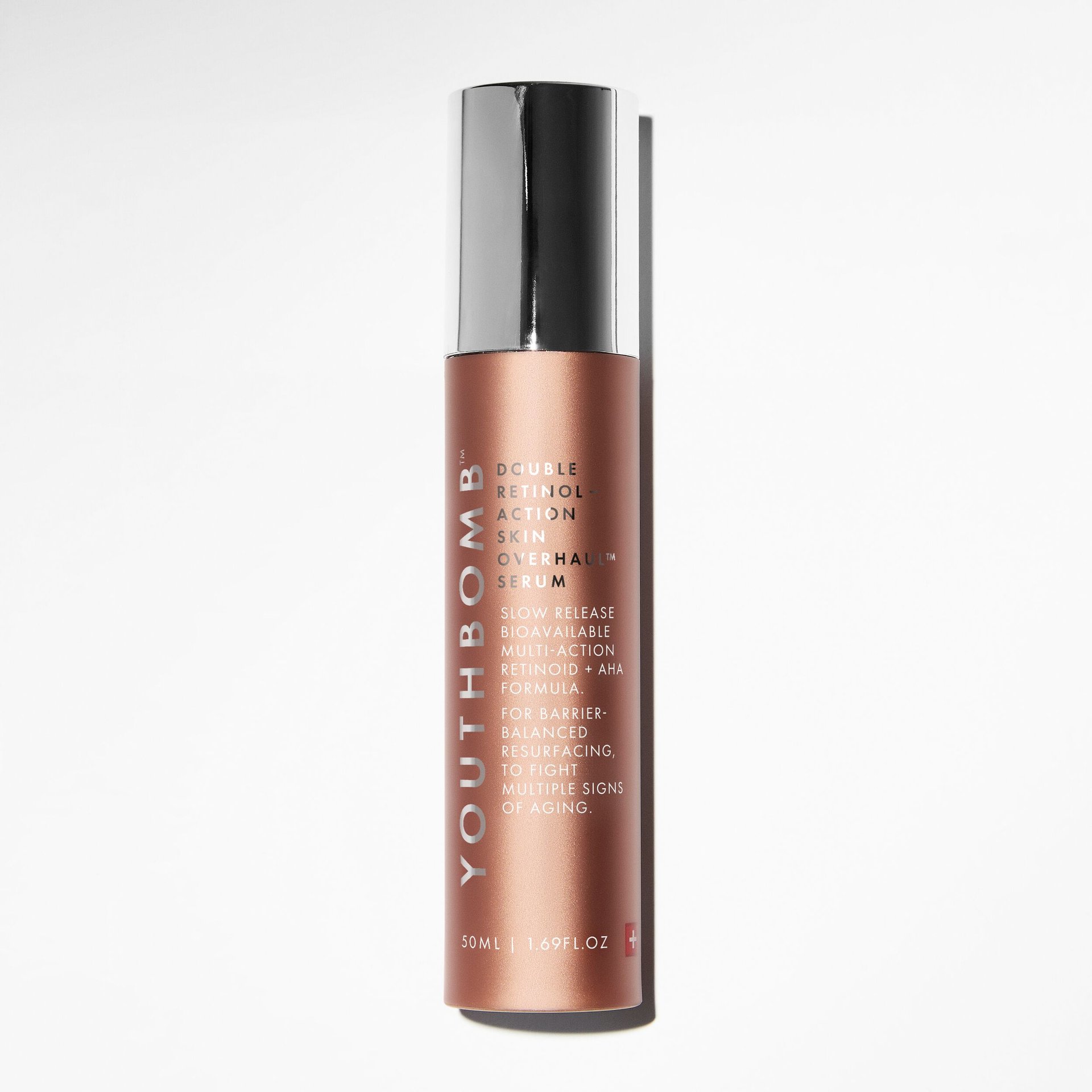
King says this retinol serum is formulated with both microencapsulated and granactive retinoids to stimulate collagen production and cell turnover. It also contains niacinamide to improve tone and texture and hyaluronic acid and ceramides to hydrate and protect the skin barrier.
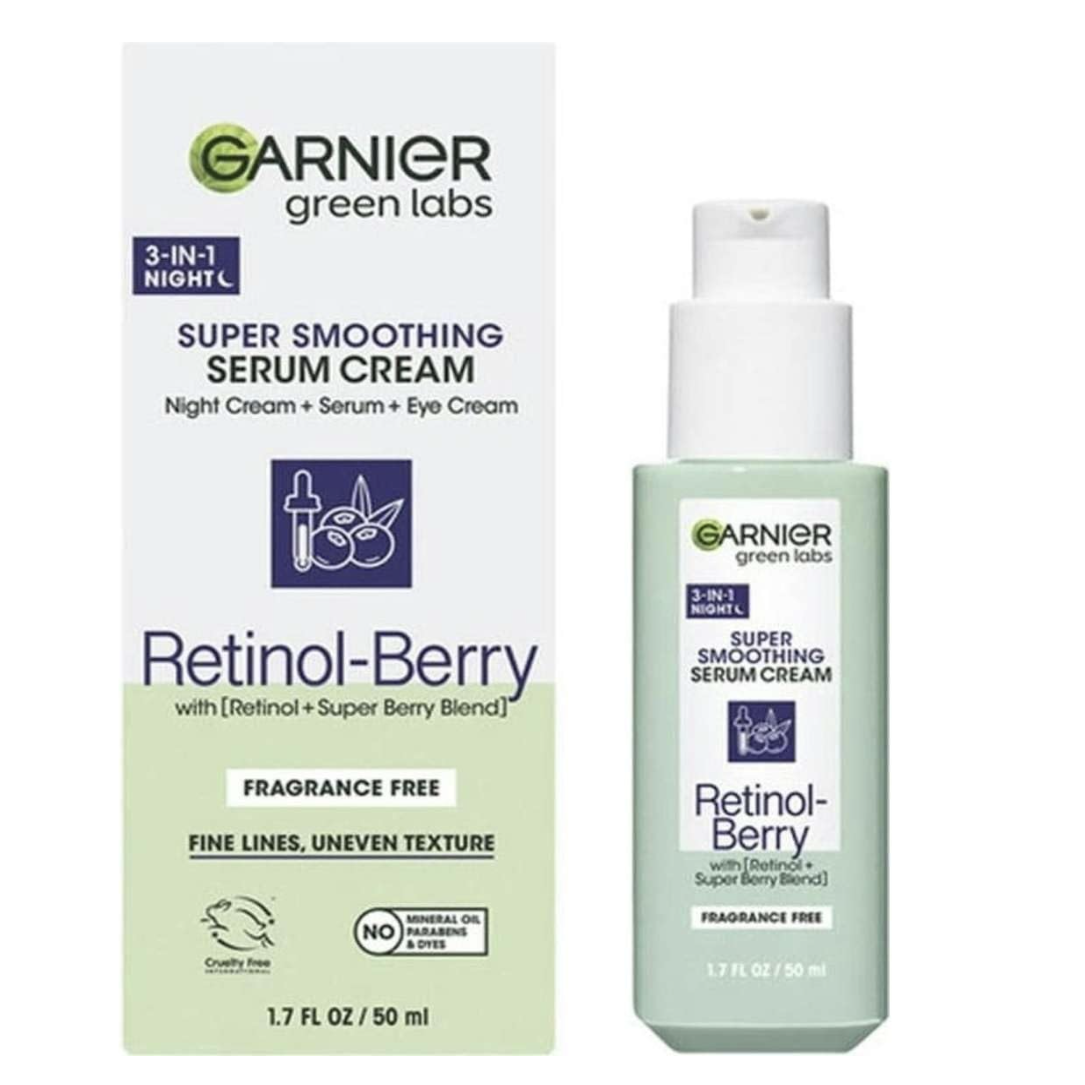
Finally, King recommends this budget-friendly buy. "This multipurpose formula works as a serum, night cream, and eye cream," she says. "It contains moisturizing ingredients as well as retinol for anti-aging benefits, and açai-berry extract and schisandra extract offer potent antioxidant properties. In an eight-week study, 100% of users showed reduced fine lines."
The Editor-Recommended Retinoids
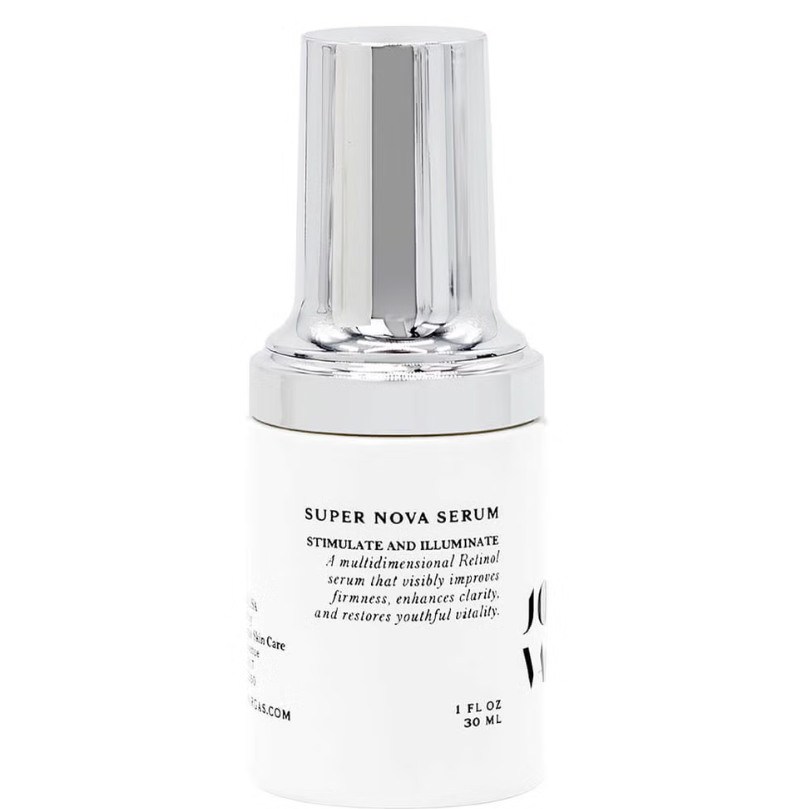
I know this is expensive, but it works. It was formulated by celebrity esthetician Joanna Vargas, so I trust it. A combination of retinol, apple-fruit cell culture, Persian silk tree extract, and peptides stimulates collagen, soothes inflammation, and provides antioxidant protection. It's next-level.
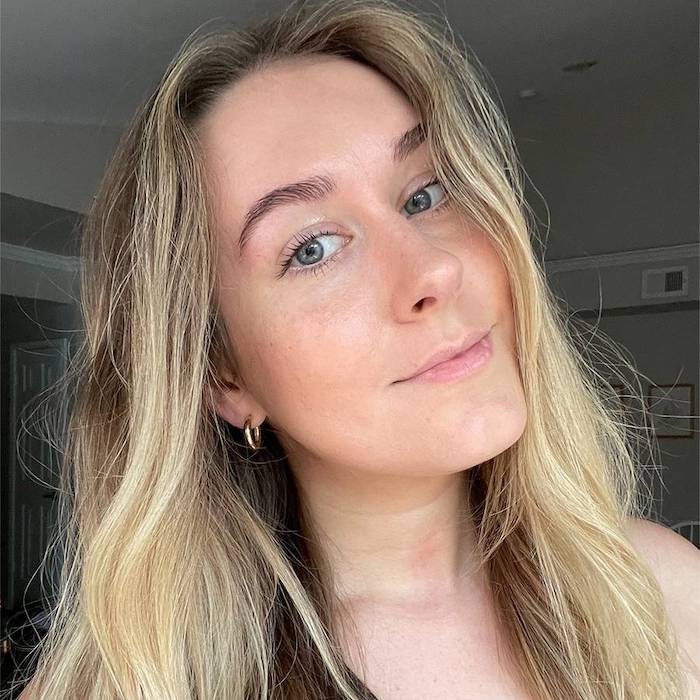
Kaitlyn McLintock is a Beauty Editor at Who What Wear. She has 10 years of experience in the editorial industry, having previously written for other industry-leading publications, like Byrdie, InStyle, The Zoe Report, Bustle, and others. She covers all things beauty and wellness-related, but she has a special passion for creating skincare content (whether that's writing about an innovative in-office treatment, researching the benefits of a certain ingredient, or testing the latest and greatest at-home skin device). Having lived in Los Angeles, California, and Austin, Texas, she has since relocated back to her home state, Michigan. When she's not writing, researching, or testing beauty products, she's working through an ever-growing book collection or swimming in the Great Lakes.
